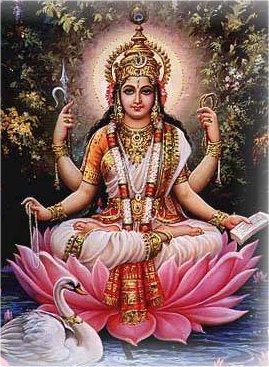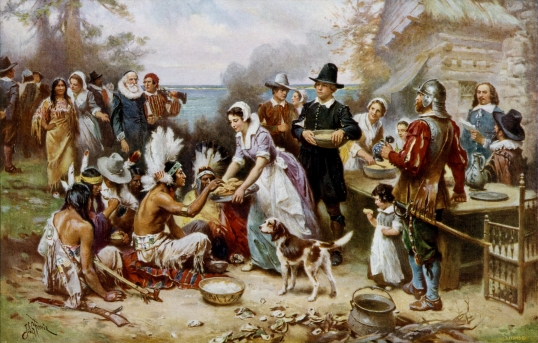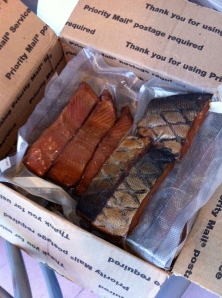Today begins the final three days of Navratri, in which Saraswati, goddess of language, knowledge and sound, is honored. I have an affinity with Her, as I have spent much of my life in pursuit of education and knowledge, as well as honing my singing skills.
Saraswati is comparable to the Greek goddess Athena in many ways. Both are independent; Saraswati, unlike most of the other Hindu goddesses, is not the consort of any male deity; her devotion to her studies means she has little time for domestic duties or love relationships. Like Athena who was born from the head of Zeus, Saraswati “emerged from Brahma’s mouth as the power of the creative word.” (Sally Kempton, Awakening Shakti, p. 178) Like Athena she has a bird as a companion, though a swan, not an owl. Sraswati is invoked for creative inspiration, musical skill, depth of knowledge, learning of languages, communication, wisdom, and all forms of general study. I think modern inclusions might be computer coding, scientific research, problem solving, and all forms of discernment. In a world where women have only recently had widespread access to education, I find it fascinating that a female has long been the embodiment of all these things!

Saraswati
As I sat in meditation yesterday I was reminded of the blessings I’ve received thanks to my education, and in the course of my studies I never forgot the privilege it was to be a woman, much less studying theology. In the United States, until fairly recently, it was a rare event for women to study theology. Several of the women that I studied under (including the iconic Rosemary Radford Ruether) received their doctorates in the 1960s and ’70s. Most of them did not write their dissertations on the topics for which they are now known. For example, Judith Plaskow, renowned Jewish feminist theologian, wrote her dissertation on the theologies of Reinhold Niebuhr and Paul Tillich, two Protestant theologians. I will wager a guess that the female professors I was able to study under at the graduate level had few, if any, female professors themselves when they were in school.
Looking at the broader history of Western religion and education, I can quickly name only three great female theologians before the mid-twentieth century, Saints Macrina, Hildegard von Bingen, and Julian of Norwich. Macrina the Younger was sister to two of the three great Cappadocian Fathers, Basil the Great and Gregory of Nyssa. Gregory wrote about her, praising her intellect and claiming that she had a prominent role in his education. It is not unlikely that she influenced his theology, yet she wrote nothing of her own. Hildegard von Bingen lived in the twelfth century and was nothing short of a polymath genius. She was a mystic, a theologian, an abbess, a composer, and a scientist. Julian of Norwich, born in the mid-fourteenth century, is most famous for her Revelations of Divine Love, a collection of her mystical visions.
There are other mystics and influential female theologians, but not many in the grand sweep of a Christian tradition of two thousand years. Given that most people did not receive a formal education, and women not even until the late 19th century, I see my own education as a recent privilege and do not take it for granted. Even today in many parts of the world women are still denied access to an education. Many boys may receive only a basic education or are given only a religious education, without an understanding of science, arts, and the world around them.
We can see the struggle for learning in the life of young Malala Yousafzai. She is a Pakistani Muslim, so I hope she will forgive the comparison, but I see her as an incarnation of Saraswati. This is the young girl who was shot in the face by the Taliban for doggedly pursuing her studies, even after she had been warned to quit. She survived, had reconstructive surgery, and now speaks – in excellent English – around the world on behalf of education for all. Her determination and insistence that education is important, valuable, and necessary is full of Saraswati energy. Not only must she contain some fierce passion in her heart, and have the love and support of those closest to her, but surely she must be blessed by Saraswati and Athena and all the gods who love learning! I imagine Athena and Saraswati proudly blessing their bold daughter, Malala. I cannot help but think the gods love her: she was shot in the face and did not die, but held fast to her dedication to learning. With that dedication she now, at the age of 16, campaigns for everyone’s right to learn.
I am in awe of her. I will ask Saraswati for blessings upon her, her family, and her work.
As a white, middle class American it can be far too easy to take education for granted. I harbor a deep love of learning. I crave complex ideas, beautiful words, and critical thinking. And as a woman I do not take the opportunity for education for granted. I expect my children, a boy and girl, to value learning. My husband and I can talk about why and how our education and ability to learn has benefited us. I can point toward the history of women being allowed to learn at all. I can point to Malala, reminding them that in some parts of the world, it’s not just females who aren’t allowed to learn, but boys’ learning is limited as well. There are plenty of examples of how limited education is bad for all people and all societies. The rise of militant religious fundamentalism is but one very strong example.
In honor of Saraswati, I praise education. Let us educate our sons and daughters, let us honor all incarnations and glimpses of Saraswati and Athena, and let us continue to educate ourselves!



